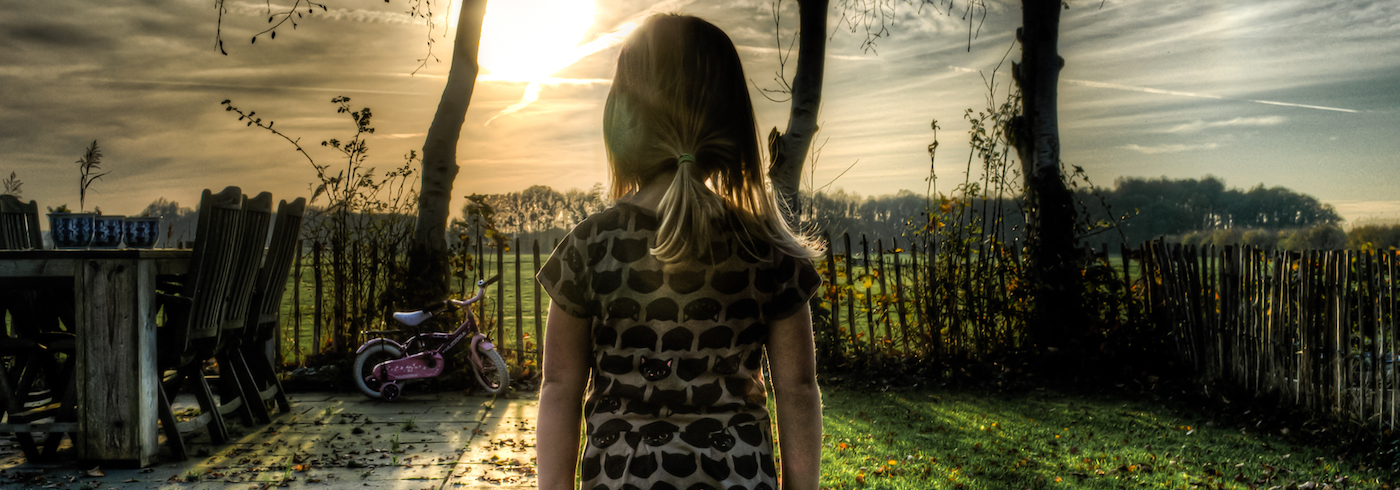Fences and Tables
In a world of barriers, let’s build fellowship
Somebody once said, “When you have more than you need, build a longer table, not a higher fence.”
That beautiful quote packs a powerful punch.
There are many conversations in today’s world about fences, and plenty of opinions about who belongs on which side of the fence. In its simplest form, a fence can do good things for people and society. It can create a visual of a boundary, keep your pets from escaping, or help provide security for your family.
Yet a fence can be confining and obtrusive. It can prevent you from leaving or keep visitors from entering. The fence itself is not good or bad; it is the moral compass of those who build the fence that determines its intent.
What happens when a society focused on walls and fences begins to apply that same guarded mentality to multiple aspects of life? How does that type of thinking start to influence our own behaviors? How does it influence the culture of the church?
Fences
Years ago, I lived in a fenceless neighborhood. We had ducks, squirrels, trees and lush grass, but the prettiest part of the yard was that it didn’t have a fence. You could see into everyone’s backyards and front yards throughout the neighborhood — the nicely manicured yards and the not-so-manicured yards. Without any obstructions, you could truly see the terrain and the beauty of the landscape.
I want to be like Jesus, who shared His table.
What would it be like if we could see into the terrain of relationships, co-workers, congregants and friends? It would be difficult to keep the “un-manicured” secrets hidden from one another. Suddenly, our guarded lifestyles would be exposed!
But it could also be freeing to rid the fences from our lives — to uncover our hidden hurts, struggles and difficulties. When we let down our guard, we discover transparency and honesty.
Tables
I personally don’t need any more fences in my life. I want more tables, longer tables. Tables are gathering places. Tables are places to sit beside friends rather than looking at them from across the constraints of our fences. Tables cultivate conversations, while fences create accusations. Tables are places of vulnerability and healing, while fences guard our secrets and imprison our dreams.
I want to be like Jesus, who shared His table. I want more tables where I work. I want longer tables for more friends. I want more tables in my church. I want to share my table with those who are hurting. I want others to know how beautiful it is to sit at the table of Jesus, break bread, lean on His heart, and feel His peace.
I am willing to leap some walls, tear down fences, and build more tables — because this is what love does!
How about you? Are you building fences only to discover that you’re the one in prison, or are you welcoming friends and visitors to sit at your table? Why not look outside of yourself, remove a few planks from your fence, and lengthen your table today?
Five Ways to Build More Tables in Ministry
1. Model the importance of relationships. Don’t alienate yourself from your congregation.
2. Share a meal. We build some of our best relationships around the table. We try to take a new family out to dinner at least once a week.
3. Shake hands before and after service. Walk the aisle slowly; people often remember your handshake more than your sermon.
4. Preach on the value of community. Each year, preach a sermon series on the importance of community. Explain what community looks like for your church and how it plays a crucial part in the church’s values.
5. Start a small group ministry. Begin by reading Sticky Church, by Larry Osborne. Research small group ministry blogs. Many free resources are available with a simple Google search.
Influence Magazine & The Healthy Church Network
© 2025 Assemblies of God

